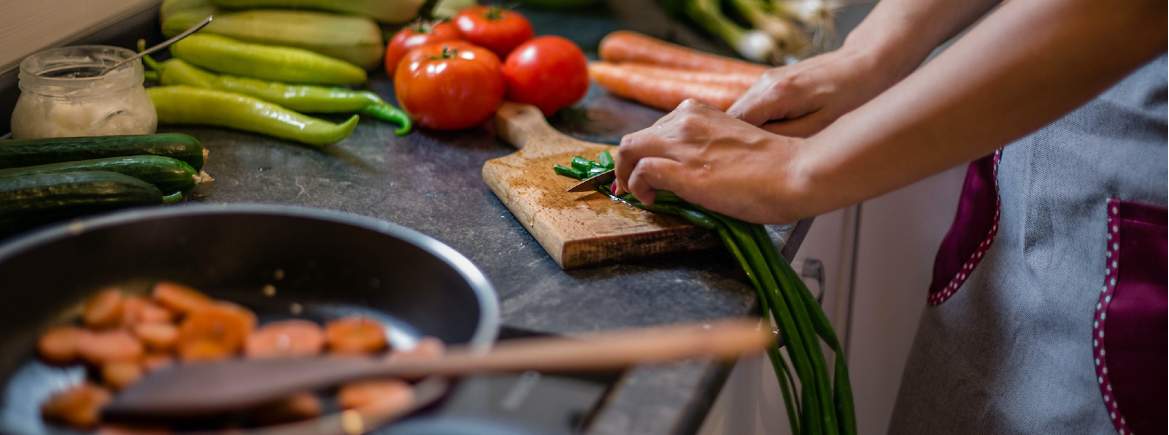Some European nations have seen Covid-19 restrictions ease. Some American states are demanding the same. Will we see a return to normal life in the UK any time soon?
Restrictions will rightfully continue, but a return to what we once considered normal may never come. It may never come because only 9 per cent of the British public want to see a return to what once was.
A YouGov poll of 4,343 adults showed around a half noticed cleaner air and just over a quarter thought there was more wildlife. Two-fifths felt they were catching up with friends and family more as well as feeling a stronger sense of community with their wider area. Lockdown has unquestionably changed our way of life and seemingly for the better in some instances. But can those changes really persist when we have the choice to return to our offices, nip to the shops for bits and bobs or even jet off on holiday?
New habits will persist
Covid-19 has been the ultimate disruptor and has inevitably been accompanied by stress and anxiety for many. In response, a large number of us have designed new routines and formed new habits to adapt and cope with our situation. For workers away from the front line of essential services, time spent commuting in the morning can now be used to meditate. Perhaps you are exercising in your lunchbreak. Maybe you spend your evenings cooking with the family: 38 per cent of those surveyed say they are cooking from scratch more.
Lockdown was introduced on 23 March and extended on 16 April for a further three weeks. That means a minimum of 45 days in lockdown. Even after that, it is highly unlikely that all restrictions will be lifted. Indeed, there will be little opportunity to relax the measures until significant advances are made in testing or contact tracing. Given that a habit takes an average of 66 days to form (although it can take as little as 18 days), meditation, exercise and cooking might already be weaving their way into your post-lockdown life.
How we eat will change
With cafés and restaurants being closed, we currently have no choice but to eat at home. However, economic downturns often result in households tightening their belts, particularly when it comes to food, and many will have to adopt their new habits on a more permanent basis. The YouGov survey found that over two-fifths of households already place more value on food and other essentials and it is reflected in their behaviour. A third are throwing away less food and 29 per cent are keeping more food at home.
Consumers will likely feel the ongoing effects of the economic downturn beyond the lockdown itself. We will see a price-conscious consumer who will be reluctant to immediately return to social, crowded places such as restaurants and cafés. Many will substitute the once normal expense of dining out for an alternative more suited to the post-lockdown world. For some, a takeaway is presently the obvious alternative and will likely remain so. But with those now habitually cooking from scratch, there lies an opportunity for local businesses to promote a healthier, more sustainable way of life in their community.
A brave new world
Historically we are a nation of top-up shoppers who look at the price tag before anything else. But now, food is valued more and 61 per cent of adults surveyed are spending less. Restrictions are reducing the number of trips we make to the shops, keeping us in our local areas, and fostering a greater sense of community. With these unique set of circumstances, it is not difficult to imagine consumers spending a little more on higher quality food from a local producer in the future. A small minority (6 per cent) have already done so.
So businesses must look beyond their present suffering contained within the old system to realise these opportunities and adhere to a principle that is true both in times of crisis and in times of normality: adapt to survive. As our habits are forced to change, so too are our demands. If businesses can adapt their models to support our new way of life, there is a far greater chance of those new habits being established faster and becoming permanent to the benefit of the business and consumer.
Further information
